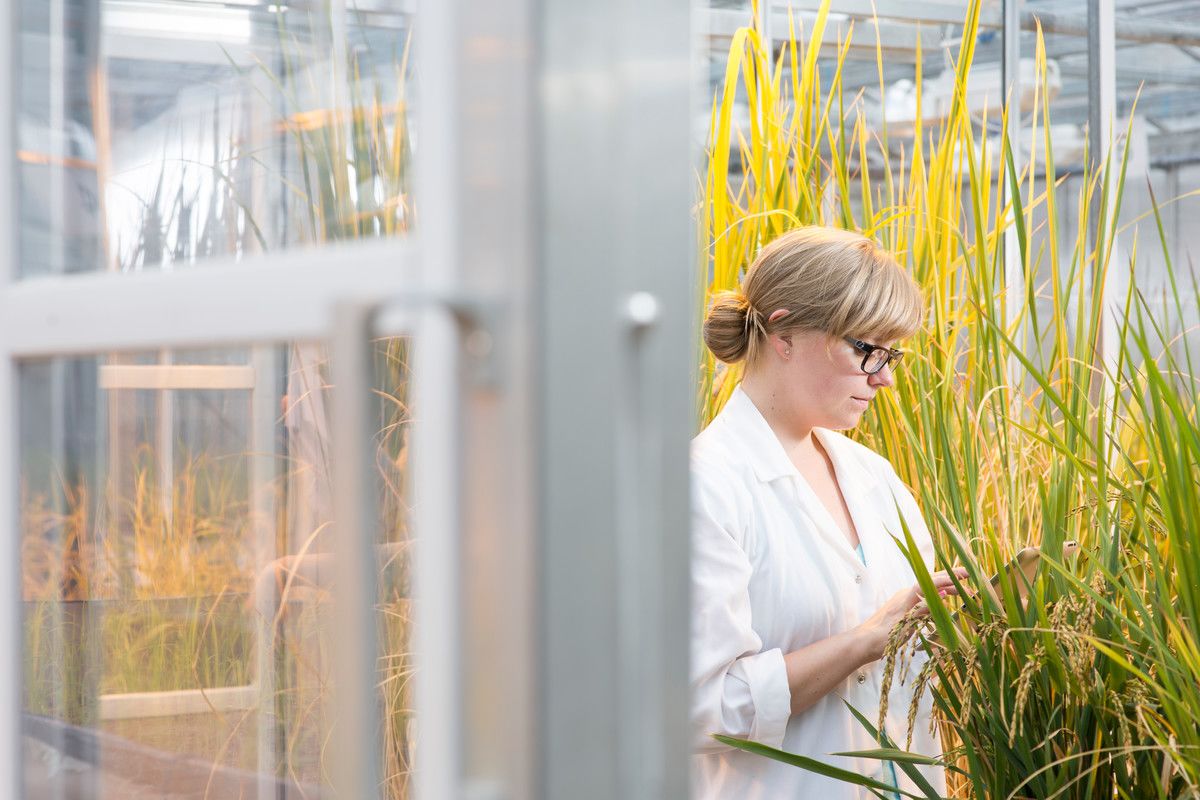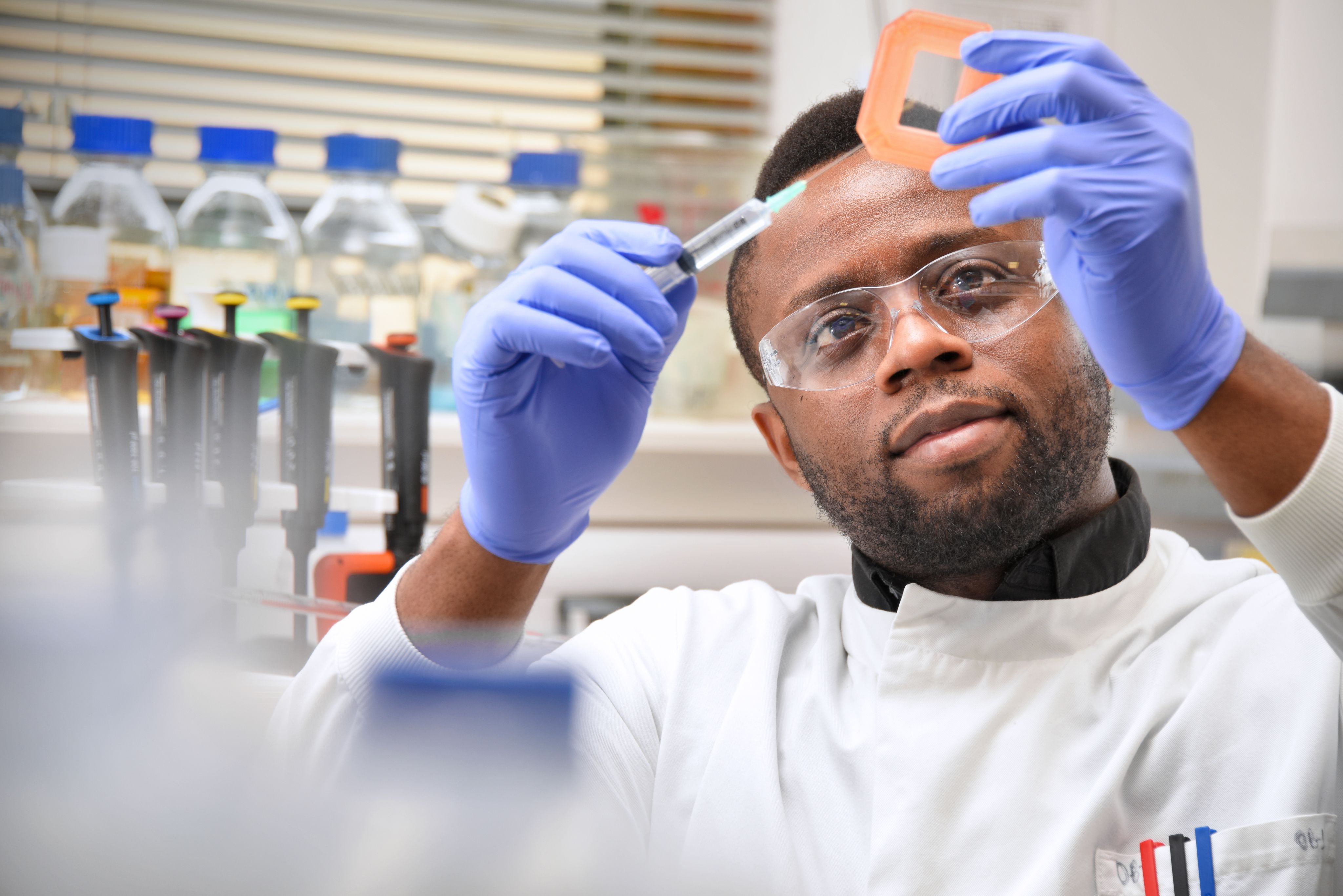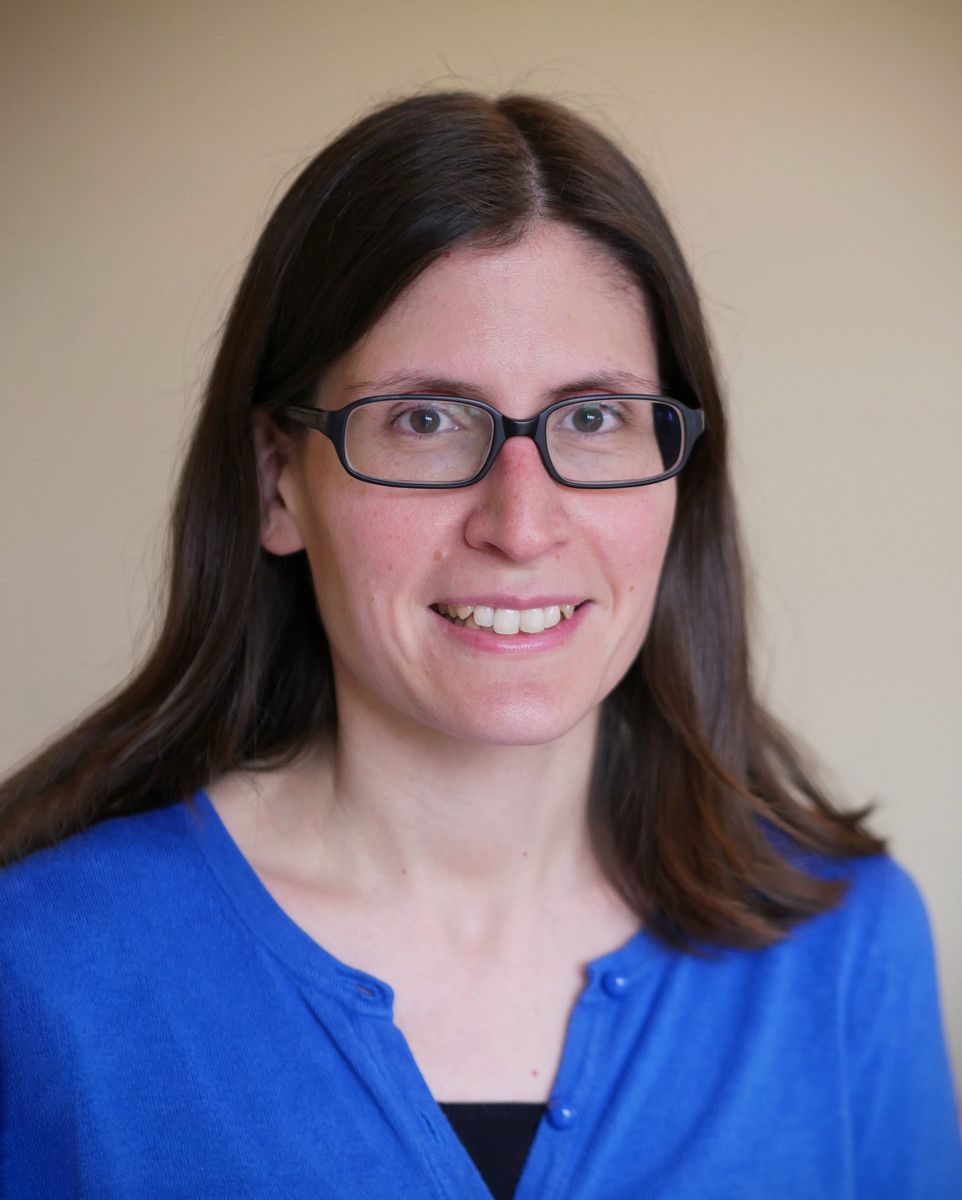Embedding expertise across the University
A key stream of work for the Digital Research Team is the expertise they can offer to the rest of the university. The team’s digital research specialists are experts in data, from collection and analysis to governance.They work with researchers to provide anything from an advisory email to a multi-month secondment.

“If you’re uncertain about the idea of taking on a secondment, don’t be. Bernhard was able to apply his skills quickly to this new domain. He was a real asset.”
“The key message is ‘get in touch’. If we can’t help, then we’ll probably know someone who can. We’re here to make researchers’ lives easier and accelerate research.”

Background
“The idea is that we’re a first point of contact for any researcher within the University who needs help with digital aspects of research,” says Dr Bernhard Scheliga, a Digital Research Specialist in the team. “This could mean PhD students needing help with software or established researchers looking for their data management plan to be reviewed.”
“We’re trying to ensure that researchers can spend more time on their research questions, and less time on the aspects where we can bring our knowledge and accelerate the process,” he says.
This often means answering questions by email, a quick advisory meeting or software training. But it can also mean more involved assignments.

Improving transparency
For example, in 2020 Bernhard was seconded for 60% of his time for 12 months to the research group of Dr Jessica Butler, Research Fellow at the Aberdeen Centre for Health Data Science (ACHDS). The arrangement gave her the resources to run a project improving the transparency of data processing in data safe havens.
One of the security aspects of a data safe haven is that researchers don’t have access to the patient records themselves. The data processing is carried out by data analysts who are part of the safe haven team, working with pseudonymised data so no patient can be identified.
These methods mean that the public and NHS trusts can be reassured that the data is safe, but it does mean researchers don’t know if the data has been processed in the way they intended.

“The previous focus has always been on privacy. There are phenomenal audit trails to prove no data has leaked,” says Jessica. “I was really keen to improve transparency for researchers, as well as helping analysts to create an audit trail of what they’ve done to make data processing and linkage reproducible.”
Bernhard worked with the Grampian Data Safe Haven (DaSH) team to produce the Safe Haven Provenance (SHP) ontology, which maps the processes that an analyst has used. This is now in use in two ways: as quality assurance for the DaSH team, and to create a brief report for researchers.
"We hope it will be a really useful tool for DaSH and the researchers who use it, as well as being customisable and applied to other data safe havens, improving research using patient records for all,” adds Jessica.


Dr Dimitra Blana
Dr Dimitra Blana
Cleaning up data
When Dr Dimitra Blana, a Lecturer at the ACHDS, began working with NHS Grampian in 2020 to help them model hospital resourcing for COVID-19, she needed someone who could come in at short notice to help ‘clean’ the hospital data. Bernhard worked with her team for 60% of his time for three months.
“Though Bernhard’s background isn’t in healthcare, his data expertise meant that he was able to come in and get up to speed quickly. He was integral in talking to our NHS colleagues to make sure that our understanding of the data was correct, and his conscientious approach meant that after his secondment with us finished, other people have been able to pick up his work easily,” says Dimitra.
“His role wasn’t the most glamourous, but it was key. He was also an active and supportive member of the team,” she adds. “He helped our early-career researchers with data queries - he’s really committed to ensuring high-quality data research.”
See here for more information on digital research specialists or secondments of team members.
Publication: Data provenance tracking and reporting in a high-security digital research environment
